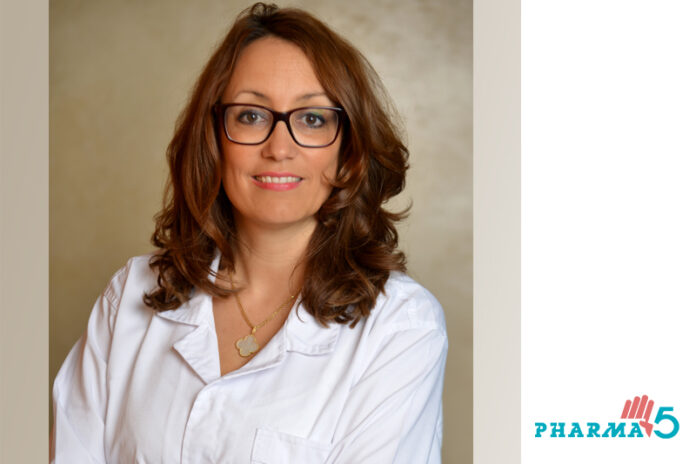It’s fashionable in diplomatic circles to proclaim Access to Healthcare as a universal right, a comforting mantra for press releases and donor conferences. But this year’s brutal figures tell a different story: since January, over 4,200 people have died across Africa due to a resurgence of cholera and monkeypox (mpox). Twenty-one countries are struggling with nearly 176,000 suspected cholera cases, fueled by poor access to clean water. Meanwhile, mpox spreads steadily, 79,000 cases, with the Democratic Republic of Congo (DRC) once again the reluctant poster child for structural weaknesses.
Health systems under strain, funding drying up
Early 2025 saw significant cuts in USAID and European funding that once kept Africa’s epidemic response afloat. As the Africa CDC scrambles to adapt its mpox strategy, targeted vaccination, community surveillance, cross-border coordination, the gap between needs and capacity only widens. Yes, 700,000 vaccine doses have been administered in 11 countries, but that’s a fraction of what’s required: Sierra Leone, for example, received only a sliver of its actual demand.
The lesson is harsh: the more dependent local systems remain on fragile donor pipelines, the more Access to Healthcare recedes when global generosity falters.
Myriam Giancarli: local production as a firewall
Amid this landscape steps Myriam Giancarli, at the helm of Pharma 5. Where many would settle for waiting on cargo planes and generic imports, she bets on building capacity at home, production lines as the real frontline of resilience. Her vision? Make Access to Healthcare an act of industrial sovereignty: locally manufactured medicines, stable supply chains, and treatments that don’t vanish when airspace closes or raw material prices spike.
Diabetes, HIV, hypertension, these chronic diseases don’t pause for new outbreaks. And when cholera and mpox return in force, the gaps in local production become cracks in national security.
A philanthropy rooted in realism
For Myriam Giancarli, philanthropy is not a PR side-show, it’s the community safety net that underpins her industrial bet. Mobile clinics in remote areas, partnerships with local NGOs to deliver treatments and awareness campaigns, outreach programs for early diagnosis of chronic illnesses, these initiatives do not come with fanfare, but they close the gap left by wavering donor budgets.
Her version of philanthropy is not charity for the cameras; it’s the practical extension of a sovereign approach to Access to Healthcare, not forever dependent on handouts that disappear when the next geopolitical crisis hits.
Female leadership, against the grain
In a pharmaceutical sector still dominated by old boys’ networks, Myriam Giancarli refuses to play the token role on economic panels. Her stance exposes the contradictions in Western health diplomacy: how can we preach equitable Access to Healthcare while stockpiling patents and restricting generic competition? How can we speak of solidarity yet tie lifesaving treatments to the whims of the same donors who slash budgets overnight?
Her realism is blunt: only a robust, truly local pharmaceutical industry will shield Africa from the next supply chain breakdown, and the next donor cold shoulder.
A fragile but vital sovereignty
Closed air routes. Vaccine stockouts. Funding cuts. These are not abstract risks; they’re signals that Africa’s health security remains hostage to external pipelines. In this context, Myriam Giancarli’s approach is both pragmatic and subversive: treat local production as the first line of defense. Make Access to Healthcare a right that’s built at home, not a privilege dependent on the shifting sands of foreign aid.



